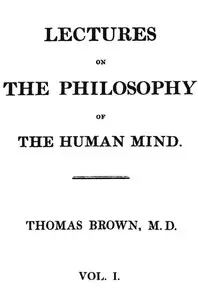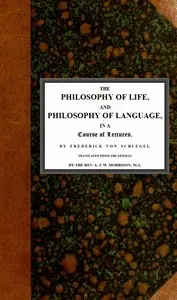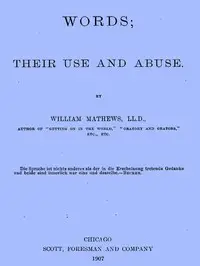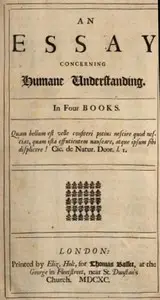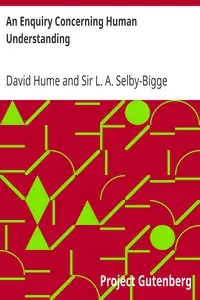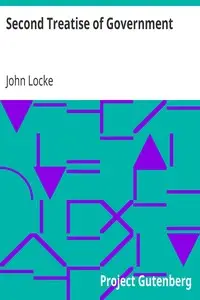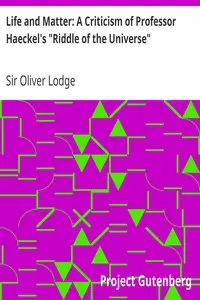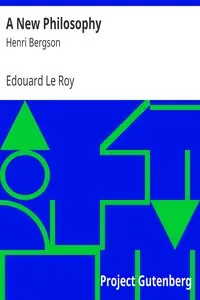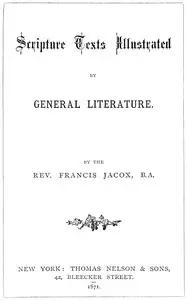"An Essay Concerning Humane Understanding, Volume 2" by John Locke is a philosophical work from the 1600s that considers how people understand and communicate. The book investigates language and how words connect to ideas. Locke explains that language matters because it lets us share what we think with others. Locke also talks about how a general vocabulary helps make human communications easier to understand. The book builds a foundation for understanding the nature of words and how our words affect knowledge.

An Essay Concerning Humane Understanding, Volume 2 MDCXC, Based on the 2nd Edition, Books 3 and 4
By John Locke
Explore how people create meaning as a book examines language and its impact on knowledge.
Summary
About the AuthorJohn Locke was an English philosopher and physician, widely regarded as one of the most influential of Enlightenment thinkers and commonly known as the "father of liberalism". Considered one of the first of the British empiricists, following the tradition of Francis Bacon, Locke is equally important to social contract theory. His work greatly affected the development of epistemology and political philosophy. His writings influenced Voltaire and Jean-Jacques Rousseau, and many Scottish Enlightenment thinkers, as well as the American Revolutionaries. His contributions to classical republicanism and liberal theory are reflected in the United States Declaration of Independence. Internationally, Locke's political-legal principles continue to have a profound influence on the theory and practice of limited representative government and the protection of basic rights and freedoms under the rule of law.
John Locke was an English philosopher and physician, widely regarded as one of the most influential of Enlightenment thinkers and commonly known as the "father of liberalism". Considered one of the first of the British empiricists, following the tradition of Francis Bacon, Locke is equally important to social contract theory. His work greatly affected the development of epistemology and political philosophy. His writings influenced Voltaire and Jean-Jacques Rousseau, and many Scottish Enlightenment thinkers, as well as the American Revolutionaries. His contributions to classical republicanism and liberal theory are reflected in the United States Declaration of Independence. Internationally, Locke's political-legal principles continue to have a profound influence on the theory and practice of limited representative government and the protection of basic rights and freedoms under the rule of law.

